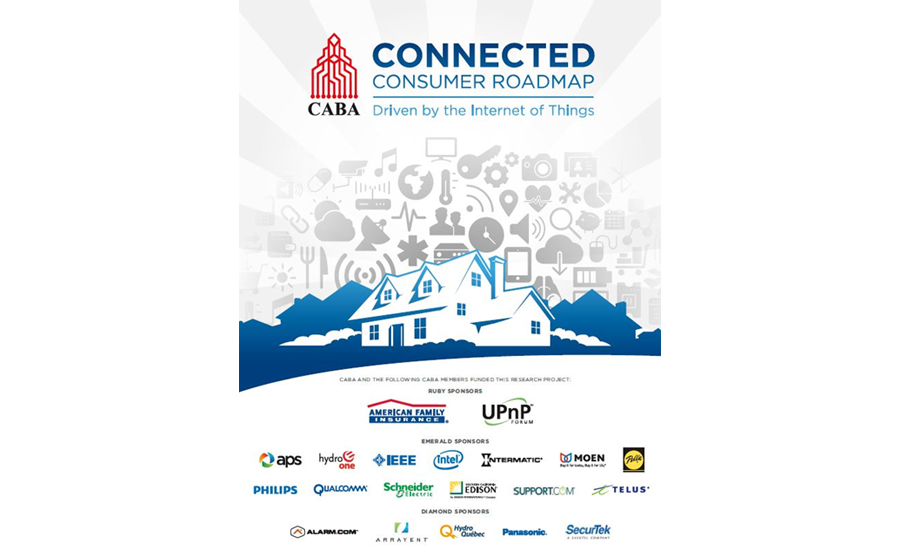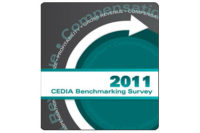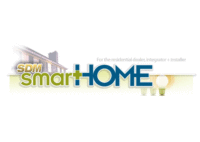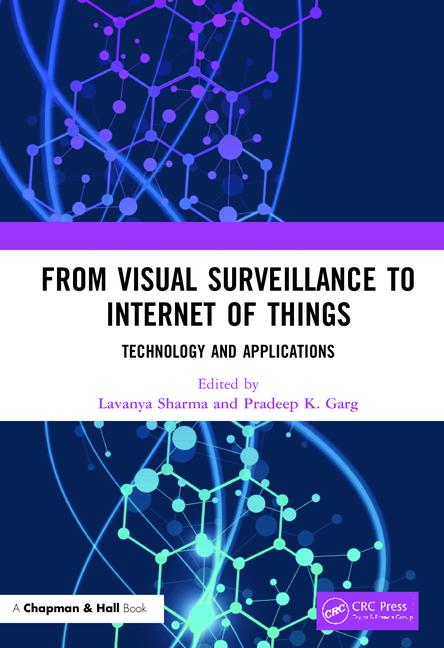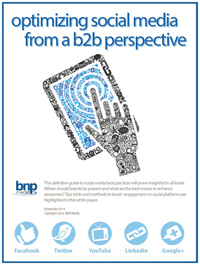CABA, the Continental Automated Buildings Association, held a Web conference this week to present top-level results and conclusions of its new landmark study, “The Connected Consumer Roadmap –Driven by the Internet of Things.” The report was created for CABA by IHS, a global analyst research firm. The research was driven from a consumer survey of 1,036 residents in Canada and the United States, conducted in January 2015. It also was based on interviews with suppliers, service providers and other ecosystem players within the connected-home market.
In the context of the Internet of Things (IoT) — which IHS recently projected will be one of three technologies that will have the most impact on the world of technology over the next five years — the report provides an overview of the IoT market, with a focus on where the consumer fits in the IoT ecosystem and what role the connected home plays. It also explores 10 key hypotheses around the connected consumer and how these hypotheses will dictate the rate of market development. And lastly, the report offers a roadmap for fulfilling the full potential of the Consumer IoT market. An interesting part of the presentation, conducted by CABA’s Research Director, Greg Walker, and IHS’s Research Director, Alex Green, was a model of where various elements of the population are in relation to becoming full-concept connected-home users and how to move these groups along the roadmap to becoming full-concept adopters.
One part of this study that should appeal to residential dealers is an examination of the main barriers to purchasing smart home products. Survey respondents were asked to rank their first, second, and third most significant barriers to purchasing these products and their choices are combined, as well as broken out, in the final study. When their answers are combined, the study found that “the cost of products,” “concerned about my data privacy,” and “the products seem like more hassle than they’re worth” ranked as the top three answers given by consumers. “The challenge of installation” and “not sure where to start” ranked as the sixth and seventh reasons given, respectively. These could be viewed as opportunities for dealers to educate their customers and prospects about the benefits as well as the requirements of installing connected-home products in their residences.
CABA is an international not-for-profit industry association, founded in 1988, dedicated to the advancement of connected home and building technologies. The organization is supported by an international membership of over 300 organizations involved in the design, manufacture, installation and retailing of products relating to home automation and building automation. The full report is available at $4,900. SDM smartHOME subscribers can obtain a free copy of the comprehensive executive summary by contacting CABA’s Research Director, Greg Walker, at walker@caba.org, phone 613-686-1814 x227.
